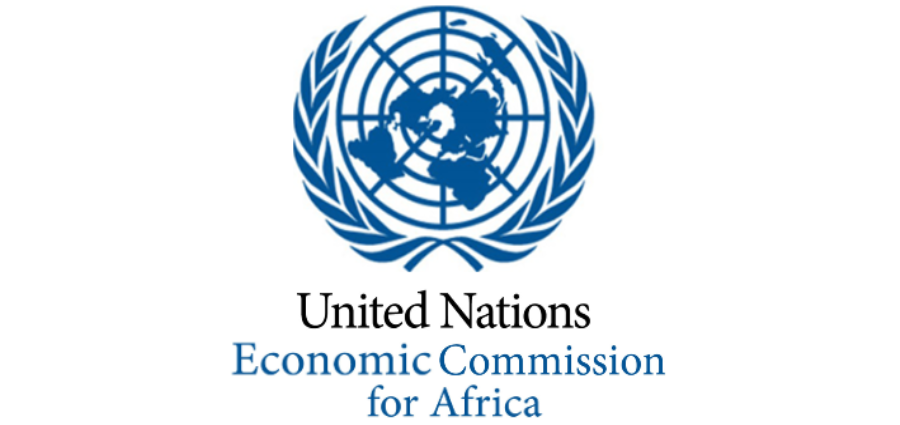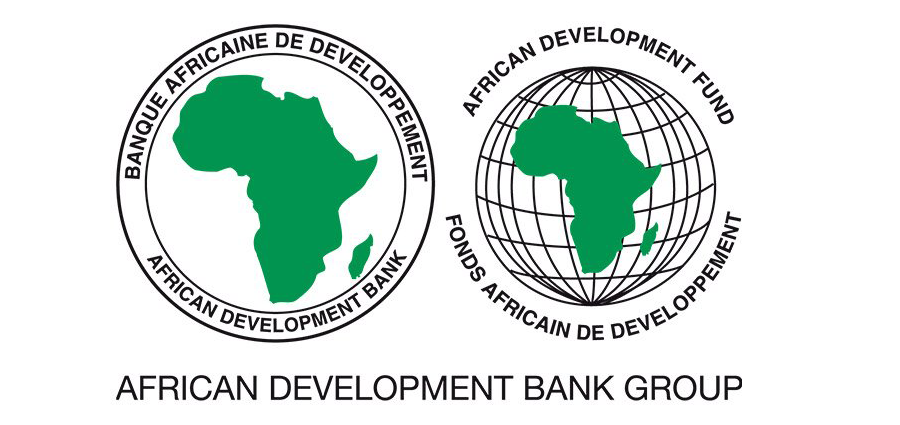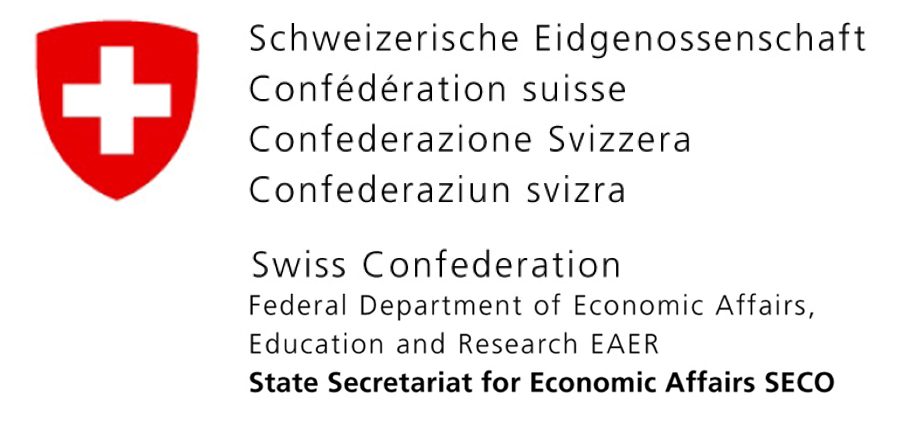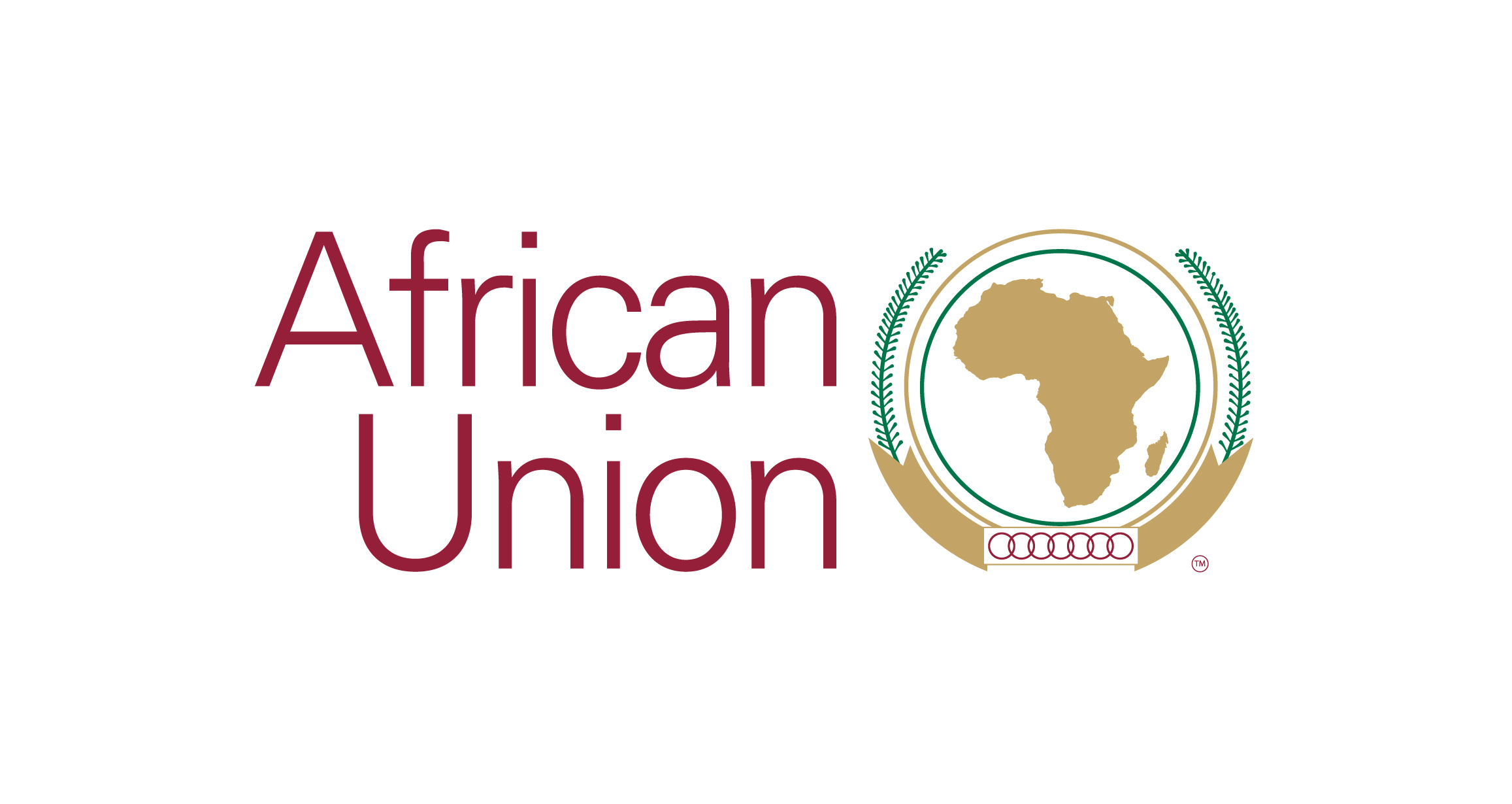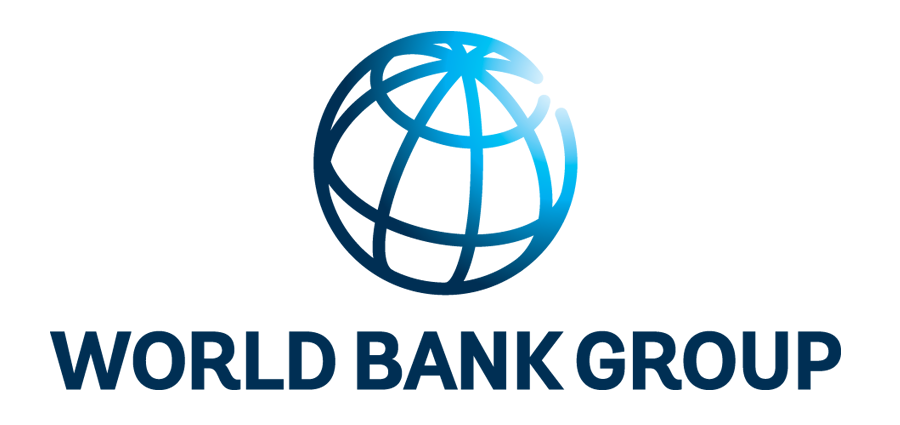Who We Are
With the goal of ensuring that all Africans have access to, and are served by, safe, sustainable and reliable transport systems, SSATP actively partners with African member countries, development partners, regional economic communities, and other private and public sector organizations to address the main policy issues hindering the region’s transport sector.
Since its launch over 30 years ago, SSATP has built a reputation as the transport policy arm of the African Union Commission and the leading transport policy development forum in Africa, with a strong convening and networking power capable of sensitizing and mobilizing policy makers at the highest levels of government.

Fourth Development Plan (DP4)
Program Strategy
Read more
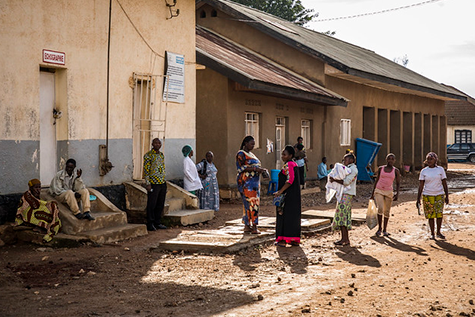
Our History
SSATP's story began with a small group of African countries and international development partners who were deeply troubled by the poor condition of Africa's road networks. Despite having invested billions of dollars in expanding their road networks after independence, few African countries had enough money to maintain them.
To address this pressing challenge, a founding group of nine African countries met with the World Bank and the United Nations Economic Commission of Africa (UNECA) in 1987 to set up what would later become the Africa Transport Policy Program, which today comprises 43 African member countries.
What We Believe
A well-functioning transport sector is key to advancing Africa’s development efforts. At the heart of critical development challenges, the transport sector is crucial to reducing poverty, boosting prosperity, and achieving the Sustainable Development Goals. But, African countries have yet to seize the huge socio-economic opportunities that improved transport connectivity can unlock.
By facilitating the development of sound transport policies and related capacity building programs, SSATP bridges the gap between theory and practice to ensure access to safe, reliable, and sustainable transport for all Africans. More specifically, SSATP’s work focuses on:
- Advising countries on transport policy and strategy development
- Coordinating initiatives and sponsoring links between global and African institutions
- Building capacity through training programs and the establishment of institutional frameworks
- Supporting transport-related research and knowledge creation
- Sharing good practices and lessons learned through publications and conferences
- Advocating for sustainable policy solutions to transport challenges in Africa
Founded on the principles of ownership, partnership, and sustainable results, SSATP collaborates with key stakeholders at the national, regional and global levels to facilitate the adoption and implementation of its policy recommendations.
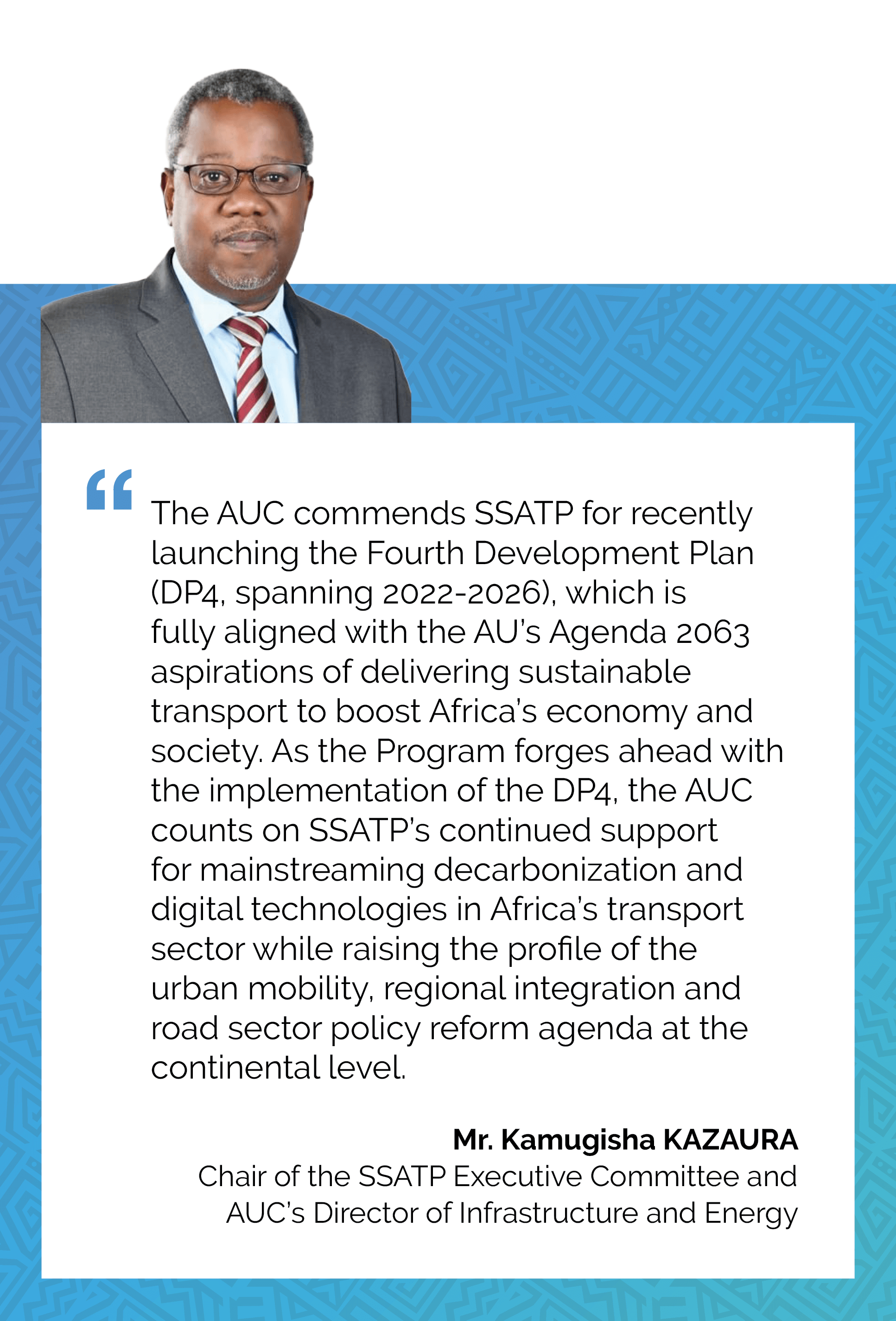
Africa's Transport Challenges
As a continental program, SSATP leverages a user-centric approach to identify and address the transport challenges that African people face daily. Based on consultations with African member countries and their strategic priorities, SSATP selected regional integration, urban mobility, and road safety as the main areas of intervention under its Fourth Development Plan.
650 people
50% of Africans
40% of the final price of goods in Africa
Our Donors & Partners
With a convening power capable of mobilizing policymakers at the highest-levels, SSATP partners with 43 African countries, 8 regional economic communities, continental institutions, development partners, and public and private sector organizations to address the main policy issues hindering Africa's transport sector.
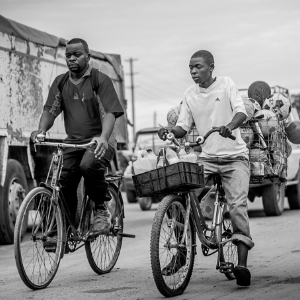
2024 Annual Report
Read moreMeet Our Team
The SSATP Secretariat is responsible for the day-to-day management and implementation of the SSATP work plan and related activities. The team works in collaboration with an independent panel of experts and thematic working groups, and operates out of World Bank offices located in Abidjan (Côte d'Ivoire), Dakar (Senegal), Accra (Ghana), Paris (France) and Washington DC (US).

